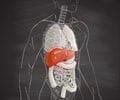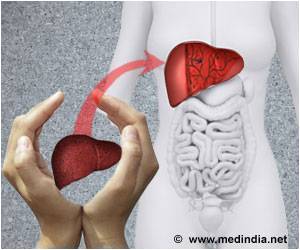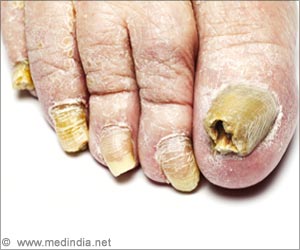Hepatocellular carcinoma (HCC) and cirrhosis-related deaths can be prevented by making lifestyle modifications to diet, alcohol use and exercise.

‘Hepatocellular carcinoma (HCC) and cirrhosis-related deaths can be prevented by making lifestyle modifications to diet, alcohol use and exercise.’





“We wanted to conduct this study because there is growing evidence that both HCC- and cirrhosis-related mortality are largely preventable. Several prior studies have found that individual lifestyle factors, which include body weight, exercise, alcohol use, smoking and diet, contribute to the risk for developing HCC. However, no prior study had quantified the overall contribution of multiple lifestyle factors on the risk for HCC and liver-related mortality,” says Tracey G. Simon, MD, instructor of medicine at Harvard Medical School and Massachusetts General Hospital, and the study’s lead author. “We wanted to estimate how many cases of HCC and deaths from cirrhosis could have been prevented, in our study population, if everyone had adhered to a healthy lifestyle.” The study was driven by the rising epidemic of nonalcoholic fatty liver disease (NAFLD) worldwide, and the need to develop treatment approaches that are both feasible and effective at the population level, says Dr. Simon.
“Right now, there are not yet any effective medications to reverse liver fibrosis or prevent HCC. It is essential that we focus on controlling risk factors through primary prevention. Lifestyle modification represents a primary prevention effort that is likely to be a more effective and feasible way to prevent HCC and liver-related mortality, at the population level, explains Dr. Simon of the focus.”
This nationwide, prospective cohort study included data on adult men and women with no known liver disease at the beginning of the study. Study participants provided detailed clinical, lifestyle and dietary data every other year from 1986 through 2012. All new HCC cases and deaths were confirmed. A low-risk lifestyle group met all of the following criteria: never smoked or prior smoking less than five pack-years, no or moderate alcohol use, a body-mass index between 18.5 and 24.9, weekly physical activity and a healthy diet ranking in the upper 40 percent of the Alternative Healthy Eating Index (which measures diet quality). All other study subjects were placed in a high-risk group.
The researchers used Cox proportional hazard regression modeling to estimate multivariate-adjusted hazard ratios (HRs) and 95 percent confidence intervals (CIs) for incident HCC and cirrhosis-related mortality. They calculated the population-attributable risk (PAR) of nonadherence to a low-risk lifestyle by comparing relative risks and incidence rates between the two groups, and then assessed the PARs for each modifiable lifestyle risk factor to estimate the percentage of cases that could be prevented by modifying those factors in isolation.
Advertisement
The PAR for a high-risk versus low-risk lifestyle was 90 percent (95 percent CI 2.06-11.69) for incident HCC and 89 percent (95 percent CI 43-98) for liver-related mortality. Women and men had similar associations. Overall, overweight/obesity was the most significant modifiable risk factor, with a PAR of 36 for HCC incidence and 42 for cirrhosis-related mortality.
Dr. Simon will the study entitled “The Impact of Healthy Lifestyle on the Incidence of Hepatocellular Carcinoma and Cirrhosis-Related Mortality Among U.S. Adults” on Monday, Nov. 11 at 8 AM in the Auditorium of the Hynes Convention Center. The corresponding abstract (number 0016) can be found in the journal, HEPATOLOGY.
Source-Newswise












